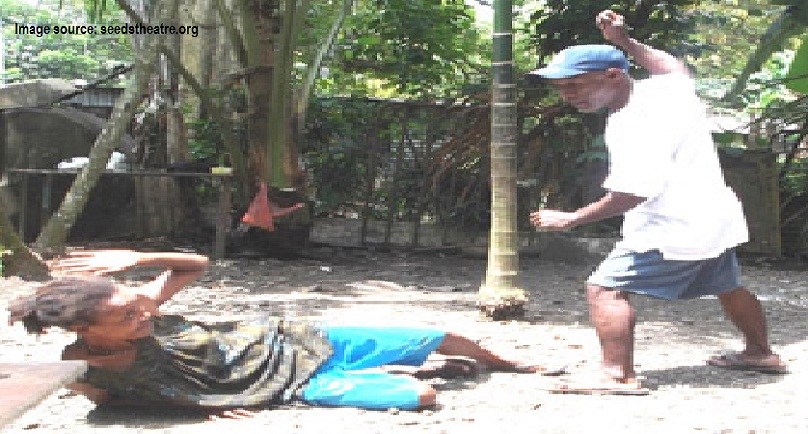By Sasha Pei-Silovo – EM TV Online
A new global study calls violence against women an epidemic.
Awareness on violence against women may have increased over the years, but according to one of the world’s leading medical journals, The Lancet, unless and until countries develop and enforce significant policies and financial changes that will effectively support victims, the problem will not be solved on a global scale.
The five part series from The Lancet titled “Violence Against Women and Girls” states that “violence against women is a global health and clinical problem of epidemic proportions”.
The study further reveals that statistics are adverse; where according to the World Health Organisation (WHO), it is estimated that 30 per cent of women have experienced partner violence.
Almost 70 million females have been married before their 18th birthday and seven per cent of women will have been assaulted sexually by someone, besides their partner, in their lifetime.
One key factor doing more harm than good, as highlighted by the study, is that much of the research currently used has been collated or obtained from studies done in high-income earning countries. This research, according to the series, is mostly focused on response mechanisms, rather than prevention.
“Violence Against Women and Girls” found ‘gender inequality’ to be the driving force of violence in middle to low-income earning countries. It is extremely challenging for abuse to be prevented without first addressing the fundamental political, economical and educational marginalisation of women.
The study has been released in time for the UN International Day for the Elimination of Violence Against Women on 25 November and researchers have said that the global problem of violence against women and girls can only be solved with increased funding and political action.
“Despite increased global attention, implying awareness is not enough.
“No magic wand will eliminate violence against women and girls,” series co-lead Charlotte Watts, founding Director of the Gender Violence and Health Centre at the London School of Hygiene & Tropical Medicine, said in a statement.
“But evidence tells us that changes in attitudes and behaviour are possible, and can be achieved within less than a generation.”
The series makes five recommendations to eliminate violence against women with authors urging nations to adequately allocate resources in prioritising on protecting victims. They further state that structures and policies that are discriminatory to women must be changed.
Support for survivors of violence must be promoted, and health and education sectors strengthened to prevent and respond to violence. Another key recommendation is for the investment of more funds into the research of addressing violence against women and girls.
“The problem is too complicated to solve by awareness alone”, the study states.


